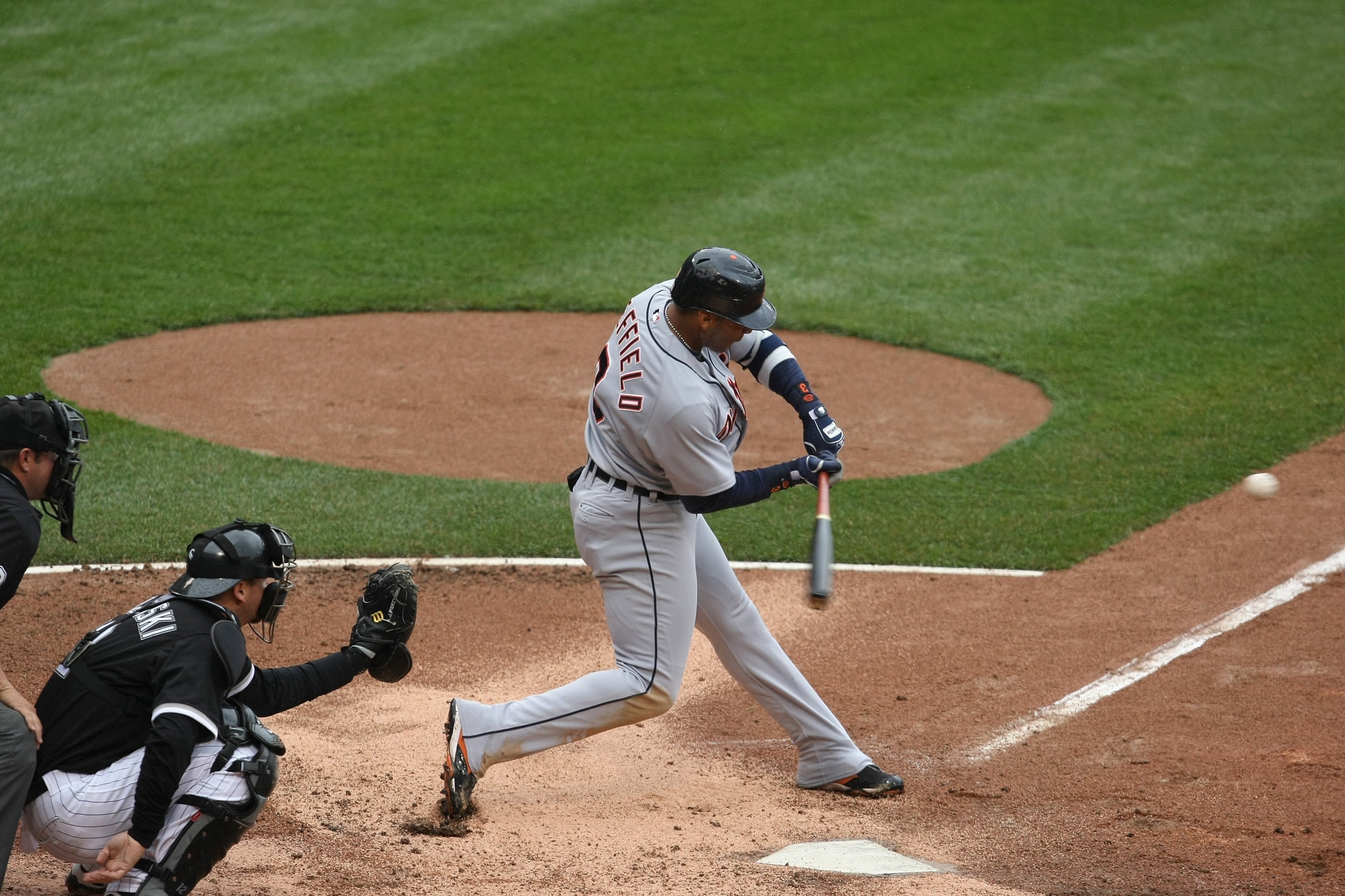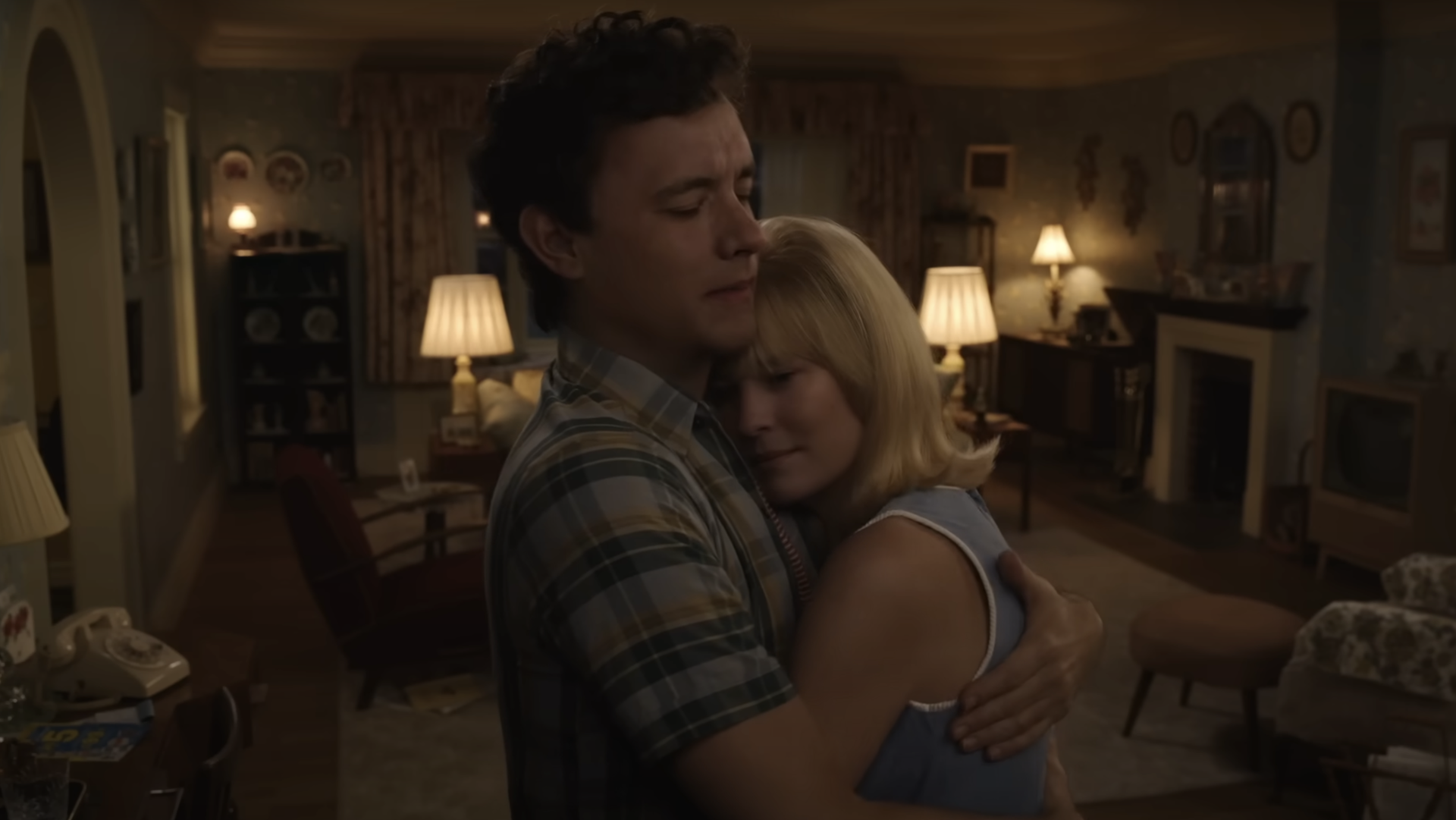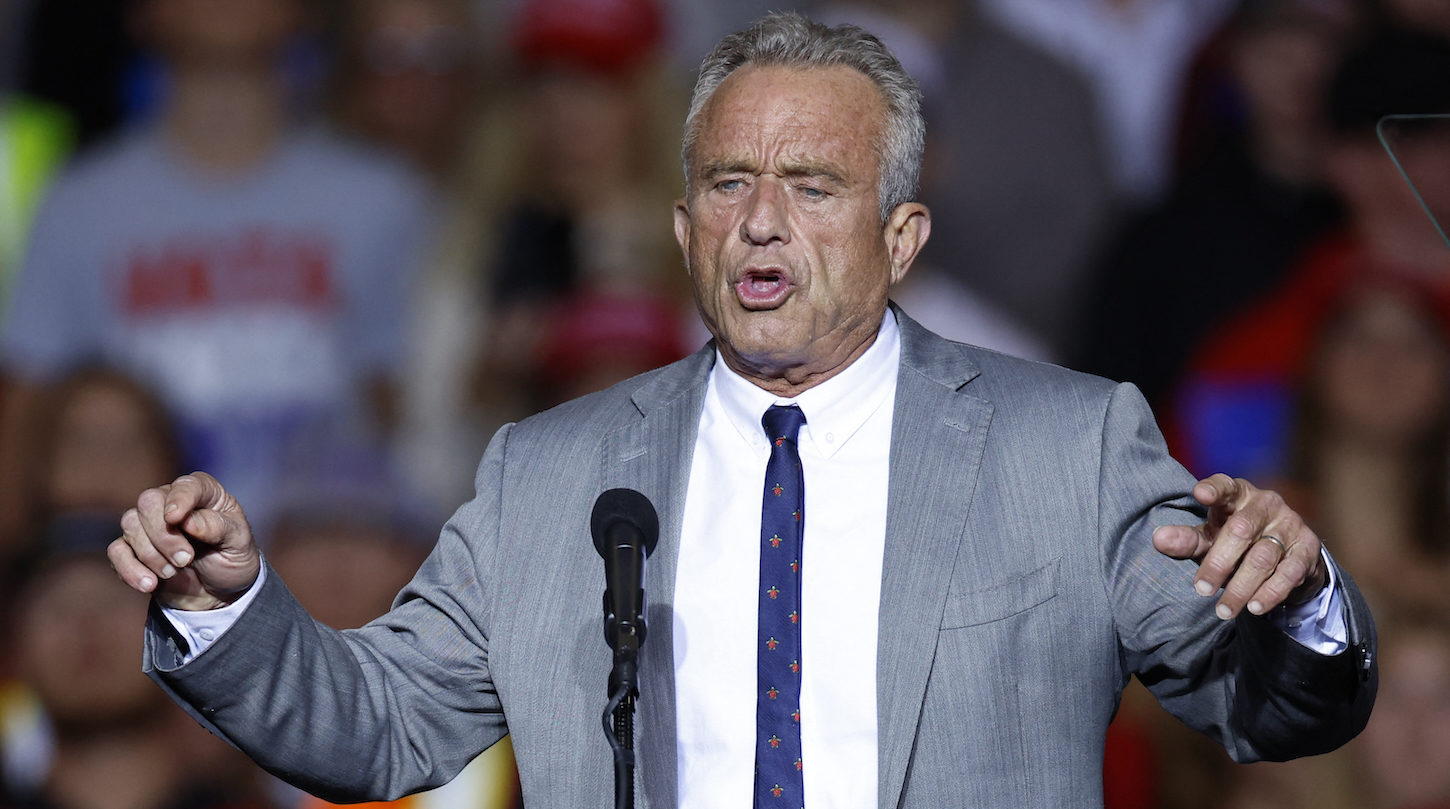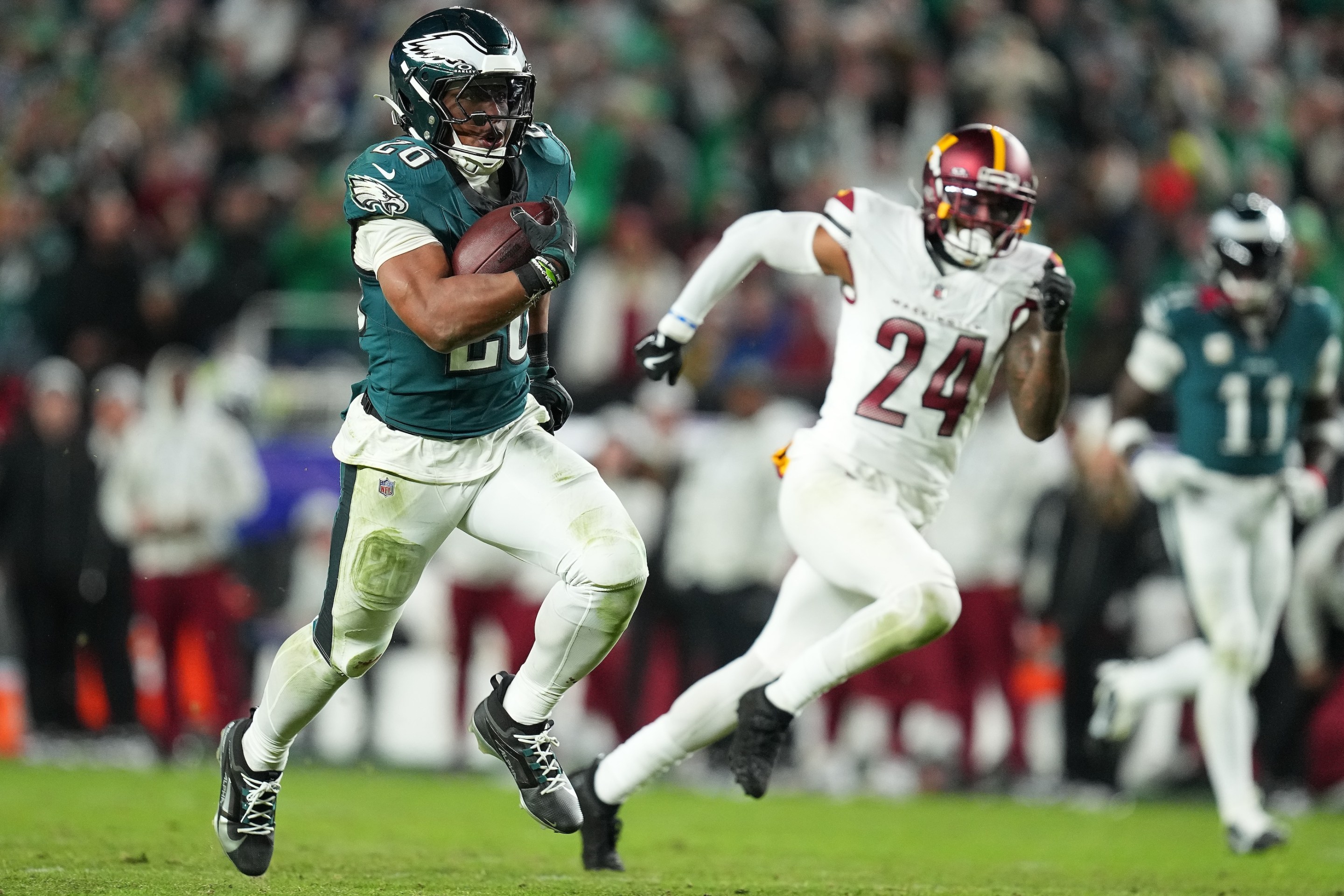I'm having a near-impossible time finding much evidence that Gary Sheffield hit home runs in either of his two late-career seasons as a Detroit Tiger. Of course, the record books say that he hit 44 of his 509 career dingers in Motown. But Youtube, which was launched about a year-and-a-half before the Yankees traded him to the Detroit in late 2006, is nearly barren of any moments at all featuring the nine-time all-star wearing that Old English D.
If I type "Gary Sheffield Tigers" into the search bar, here's what I find: a lengthy interview from 2017; video of that brawl he had with then-Cleveland pitcher Fausto Carmona; footage of his 500th home run, which came with the Mets; an old Spring Training feature from the Detroit News; and less and less connected baseball plays as I go down. Only the compilation video "Gary Sheffield | Career Highlights" features a couple of dingers from his Tiger days, which other similar posts completely ignore. MLB's Film Room, meanwhile, boasts only a handful of his defining moments and focuses almost completely on the '90s. Sheffield has to be one of the youngest MLB players whose every impressive at-bat was not recorded for posterity.
All of which is to say I can't really confirm if what I'm going to tell you now about Gary Sheffield is true, or if it's a myth I made up when I was 12 based on just a few outlying moments. But in my head, every Sheffield home run at Comerica Park looked the same. First, obviously, there's the iconic batting stance—the one that I and probably every other kid fan of the '90s and 2000s imitated as a bit in the yard before settling into something more practical. But there's also the way the ball traveled as it whizzed off his bat. In my pre-Statcast memory, Sheffield's dongs sailed out of the park faster than anybody else's. They were screaming line drives that always undoubtedly had the distance. The only remaining question was whether it would be high enough to clear the left field bullpen fence.
Sheffield arrived in Detroit a year after I fell in love with baseball—when the Tigers won the pennant for the first time since 1984. (Coincidentally, Detroit had beaten Sheffield's Yanks in the ALDS right before he made the move.) He was the DH and the oldest player on a pair of lineups that also included nostalgia-inducers like Pudge Rodriguez and Magglio Ordonez. His first year was a very good comeback from an injury-ravaged '06, as he put up an OPS of .839 and somehow managed to steal more than 20 bases for the first time since '98. The Tigers, though, finished six games back of New York in the Wild Card chase. 2008 was much, much weaker for both Sheffield himself and the suddenly last-place Tigers. He was released just before the next season began, went to Queens, improved somewhat for 100 more games, and then called it a career.
This evening at 6 p.m. ET, Gary Sheffield will not get a call informing him that he's been elected to the Baseball Hall of Fame, though it appears probable that he'll have improved on the 30.5 percent of votes he got last time around. Once, he might have been a shoo-in on the strength of his 500 homers alone. But today, a combination of factors, that vary wildly in importance to each kind of voter, coalesce to keep his face off a plaque—his constant changing of teams, PED allegations, the fact that he kind of seemed like an asshole, and the way that advanced defensive metrics make him out to be one of if not the worst right fielders ever.
But Sheffield left an enormous imprint on baseball, surely bigger than all but a few of the 99 percent of players who don't make the Hall. Some of it's superficial, like that unforgettable wiggle. But a lot of it is deeply meaningful, or at least on the scale that mattered to me as a kid and still matters to me now. This isn't meant to be an argument about how numbers are stealing the soul of the game, and I also realize that personal admiration can be just as easily extended to players who weren't so great. But my desire to see Sheffield in the Hall is the exact point where the enthusiasm of my young fandom supersedes my objective evaluation. He's one of the guys who helped make me a fan, and what in baseball is more important than that?
So it might be worth asking if the semi-mythology of Gary Sheffield's faster-than-a-speeding-bullet home runs can be just as real and relevant to his Hall of Fame case as his FanGraphs page. Not unlike his fellow snubs Manny Ramirez and Sammy Sosa, Sheffield inspired awe, imitation, joy, and wonder. At least in my 12-year-old eyes, he hit the ball in a way that nobody else on the field could. Maybe that's meaningless to the voters, but it's enough for me.





